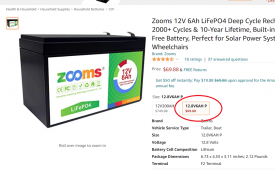Panel size depends heavily on your amount of real estate. I haven't seen any high wattage panels that can complete with the used 250w panels dollar per watt, but if you can only fit a small amount of panels, then the more expensive, higher wattage panels, make sense.
The panels you linked are good panels, and SanTan is a very reputable company (that's where I got mine). I would figure 80% output into your calculations. They should deliver more, but if you start with 80%, you will not be disappointed. I have the black frame version so I think they are the same. If so they are Trina panels, light scratches, but good quality. The only problem with these panels is that the labels have been stripped off so if you need UL rating for permits or whatnot, these might not work. My setup is completely off grid outside city limits, so it was not an issue.
I don't know anything about the all in one you linked, but there are a bunch of similar products on the market. Watts247.com has similar offerings (MPP Solar and Growatt). I am pretty sure I am going with Schneider when I build my house (soon I hope). Schneider is a little more expense than some, but they have literally everything you need and it all talks together. I am really happy with my LV2424, but I don't know if I would run a house off it. Yesterday I was running AC, charging both 18v and 40V Ryobi batteries, running an attic fan, a box fan and I had no issues, but I don't have any serious amperage draws (well pump, water heater, stove, etc.)



